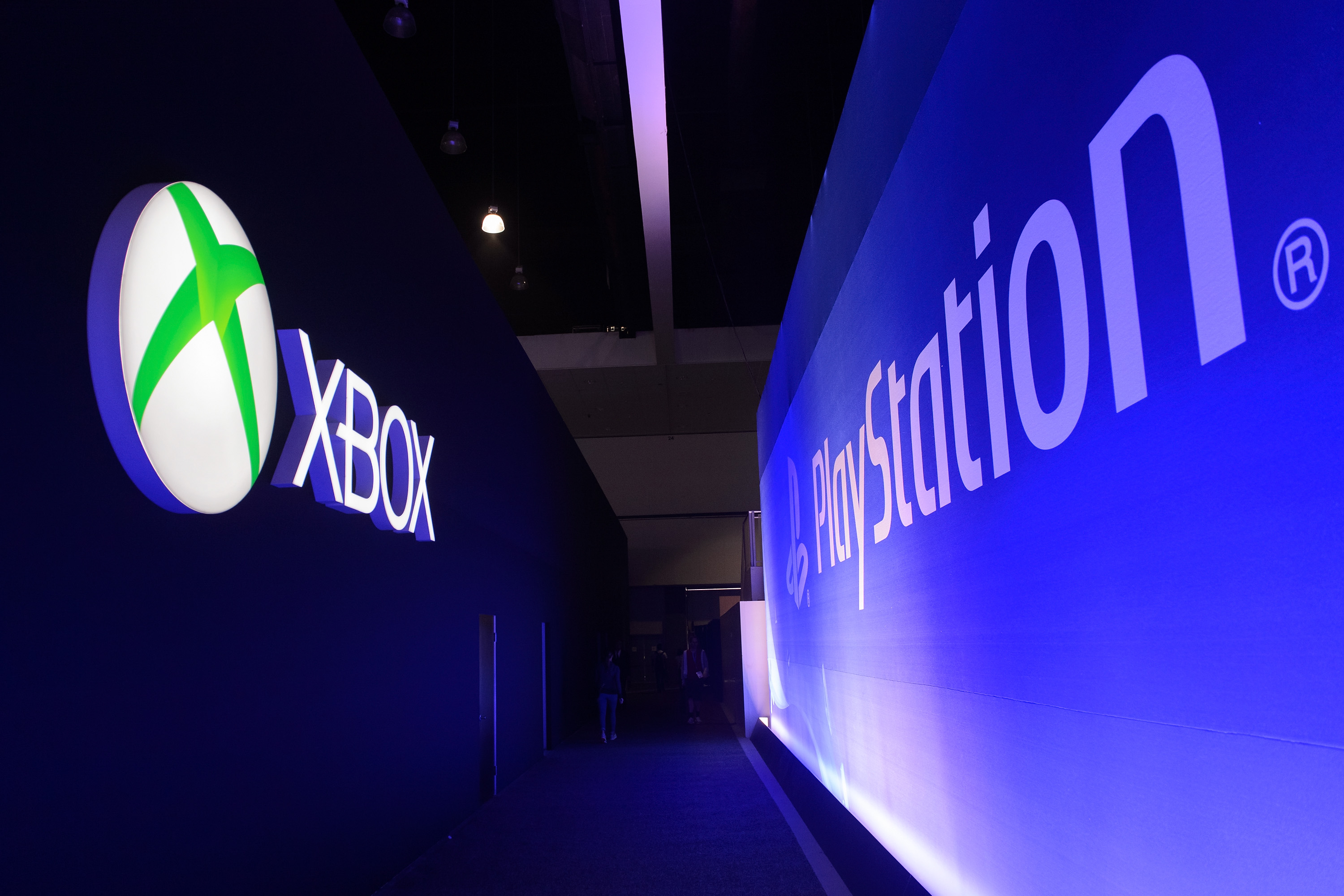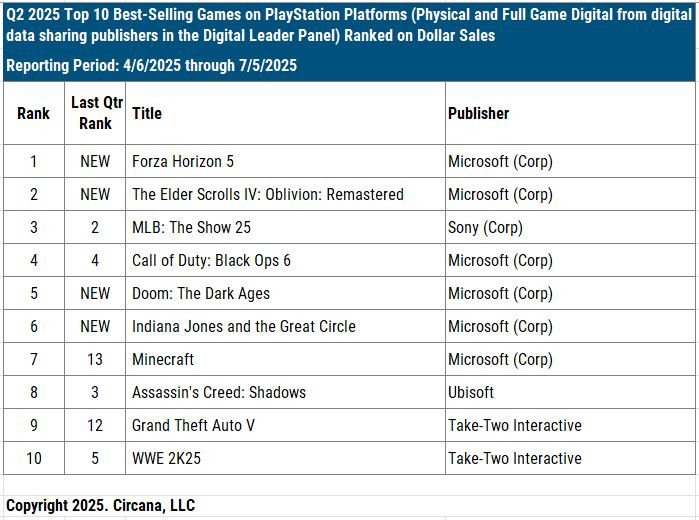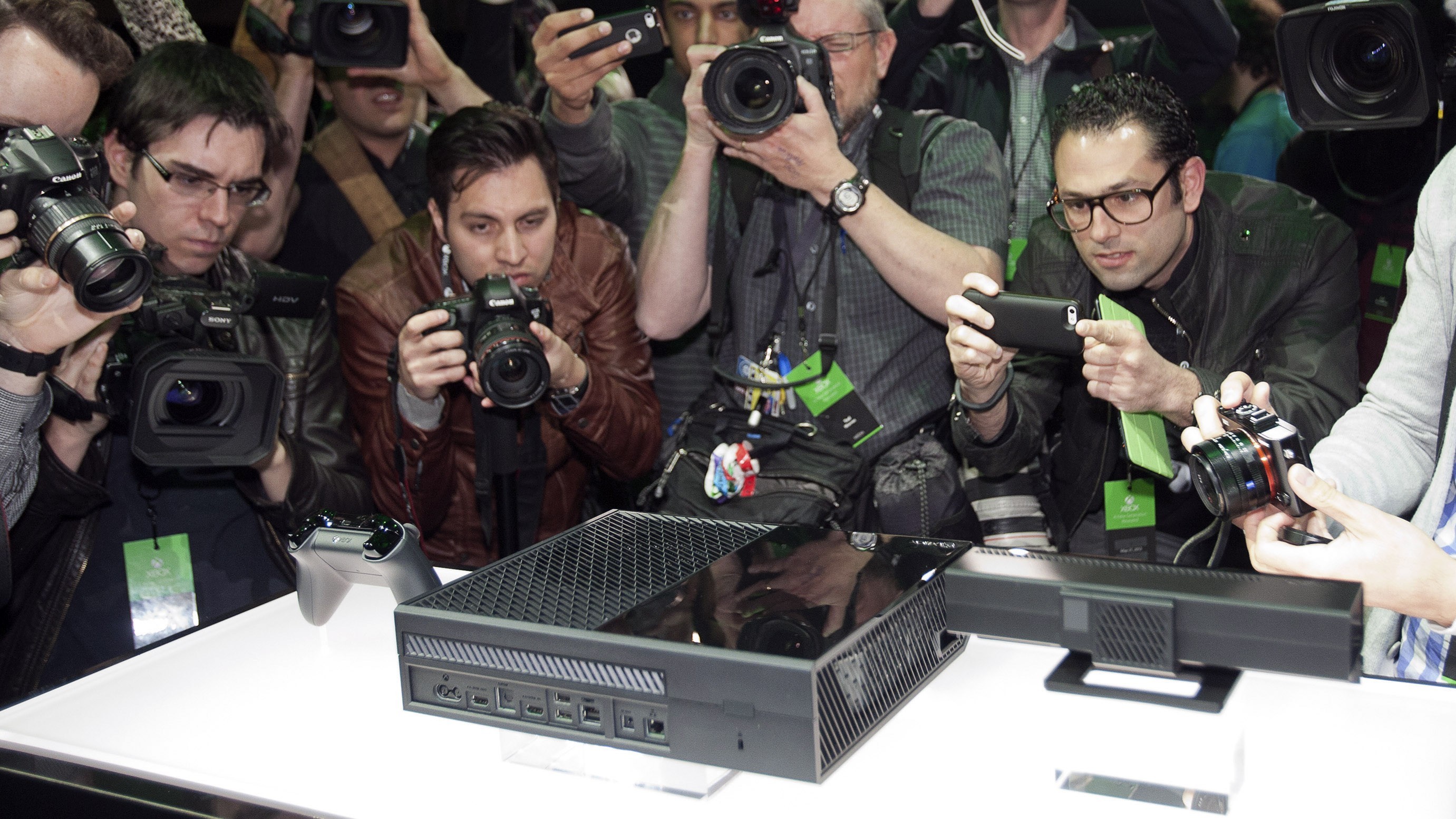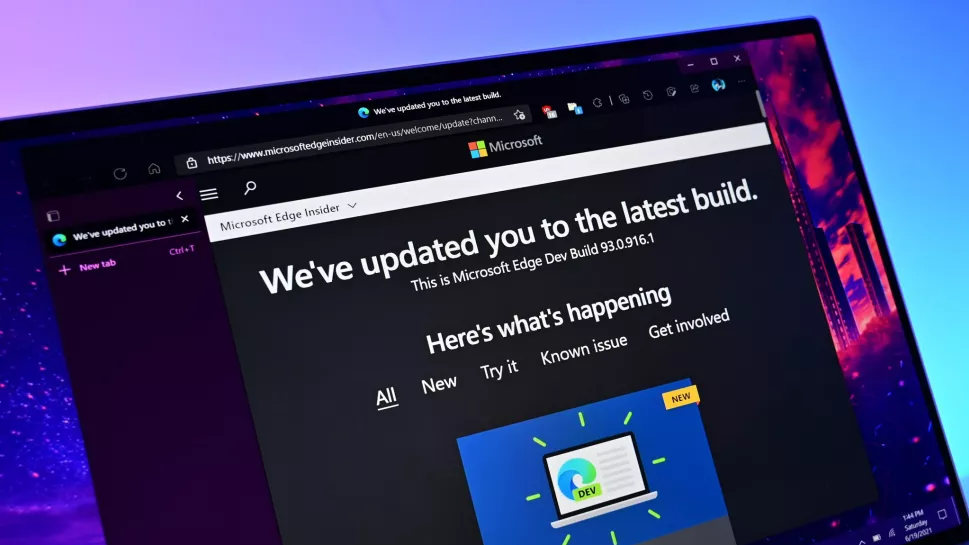New data shows Xbox is utterly dominating PlayStation's storefront — accounting for 60% of the Q2 top 10 game sales spots
Imagine this scenario a few years ago. It's no longer PlayStation, but Xbox itself that is now the biggest sales force on Sony's own console ecosystem.

All the latest news, reviews, and guides for Windows and Xbox diehards.
You are now subscribed
Your newsletter sign-up was successful
The console war is over, with PlayStation seemingly victorious. Or ... perhaps it's just evolving.
It's no secret that Xbox hardware has seen non-stop declines for several months, although PlayStation itself has also warned investors that it expects lower hardware sales through the rest of the gen. Indeed, as the end of the generation is in sight, it's probably only the advent of Grand Theft Auto 6 that could uptick console sales for PlayStation and Xbox until we inject new hardware into the mix.
Microsoft and Sony both are working on new consoles, with Xbox hardware plans including OEM-built Xbox-branded PCs like the Xbox Ally from ASUS, as well as true successors to the existing Xbox Series X|S console ecosystem in partnership with AMD.
In the interim, Xbox has very notoriously changed up its strategy. Faced with growing costs and a decline in console user growth in general, Xbox bit the bullet and decided to begin putting its formerly Xbox exclusive games onto its arch-rival PlayStation storefront. So far, that strategy seems to have been a resounding success story for Xbox and Microsoft, and new data continues to back it up.
In a post on BlueSky, Circana analyst Mat Piscatella described the runaway success of Xbox's strategy on the PlayStation store, revealing new 2025 Q2 sales data which included recent PlayStation ports like DOOM: The Dark Ages, Indiana Jones and the Great Circle, Oblivion Remastered, and Forza Horizon.
"Pulling together our huge Q2 Games Market Dynamics report, which includes this chart (among, like, frankly too many others) and just kinda stared at this one for a bit." Piscatella continued, "Wild times in the console market these days. Imagine showing this list to someone in 2015."

Indeed, it's hard to imagine a scenario from the previous decade where Microsoft would come to dominate PlayStation's own storefront.
All the latest news, reviews, and guides for Windows and Xbox diehards.
In a universe where playtime hours are increasingly squeezed by other forms of entertainment and forever games like Fortnite and Roblox, Microsoft's acquisition spree of yesteryear has seen it pick up some forever games of its own, including Call of Duty and Minecraft. It's encouraging to see that more traditional games that actually finish are also riding high on PlayStation's store, with DOOM: The Dark Ages and Indiana Jones enjoying favorable placements high up on the chart.
So far, it doesn't seem like this strategy has hurt the Xbox console ecosystem either, giving Microsoft a win-win scenario — potentially. Microsoft repeatedly says to investors in legally-binding comments that its overall playtime hours are up on Xbox console specifically, not down. If the strategy was leading Xbox users away to PlayStation, you'd expect that number to decline. And it seems PlayStation has taken notice of this, too.
Gaming has changed, for better or worse

For all the "success" Xbox is having right now on paper, it still opted into thousands of layoffs within its division over the past year. There are still major headwinds facing gaming, particularly traditional-style gaming, which forced Microsoft's hand towards going multiplatform in the first place.
Gamers are less inclined to switch primary platform than they have been in the past, owing to a combination of digital-lock in with content and save files. Microsoft's ability to find new users interested in its ecosystem is limited, but it's also true for other platforms, as everyone competes for the same users in essence.
Gaming is also squeezed by competition from other addictive, and often free, entertainment verticals, including things like Netflix, YouTube Shorts, TikTok, and so on. Circana itself noted previously how 40% of all playtime hours goes over to just 10 live service games, including titles like Fortnite.
Over 70% of US active PS5/XBS players played at least 1 of the top 10 live service games of the month during January. More than 40% of all time spent playing on PS5/XBS in the US during January went to those same top 10 live service games. Source: Circana Player Engagement Tracker
— @matpiscatella.bsky.social (@matpiscatella.bsky.social.bsky.social) 2025-07-30T02:46:17.568Z
To cut through the zeitgeist and the noise, platform holders are increasingly embracing a "be everywhere all at once" approach, with publishers like Square Enix publicly committing to multiplatform releases, over timed exclusivity deals.
PlayStation itself is seeing the reality that, despite having the smallest console install base, Xbox users are still passionate and highly engaged, and number in the tens of millions. To that end, it's bringing Helldivers 2 to Xbox via its new PlayStation Publishing arm, and has spun up job listings to suggest that even more games could be on the way from PlayStation to Xbox. I wouldn't be surprised in the slightest to see more of PlayStation's celebrated back catalog hit Xbox platforms in the future — it would represent mountains of high margin cash for its platform, from users who clearly have little intention to quit Xbox and abandon their libraries.
I had thought previously that Xbox's "latitude" strategy to bring its games to PlayStation would be its Sega-like death knell for hardware. That could still be the case, down the line. But Microsoft is investing in hardware more than ever, while also embracing openness it thinks new generations of gamers actively want. The next Xbox is widely expected to support PC stores like Steam and the Epic Game Store, while front-loading Xbox Game Pass for stable on-going subscription revenue that Microsoft has become an industry leader in. Xbox Cloud Gaming is also finding new users who would never have considered the lofty upfront costs of a console, buoyed by the convenience of availability right from their phones and TVs. Xbox Cloud Gaming should shed its beta tag later this year, and potentially ramp up its marketing efforts too.
Microsoft now considers the PlayStation install base to be part of its wider Xbox ecosystem install base. Those users are helping subsidize Microsoft's innovations in cloud, content, and its own Xbox console hardware too. AI will undoubtedly have some role to play in the coming years as well ... for better or worse.
Gaming is changing, but will it all be positive? As always, time will tell.

Jez Corden is the Executive Editor at Windows Central, focusing primarily on all things Xbox and gaming. Jez is known for breaking exclusive news and analysis as relates to the Microsoft ecosystem — while being powered by tea. Follow on X.com/JezCorden and tune in to the XB2 Podcast, all about, you guessed it, Xbox!
You must confirm your public display name before commenting
Please logout and then login again, you will then be prompted to enter your display name.
